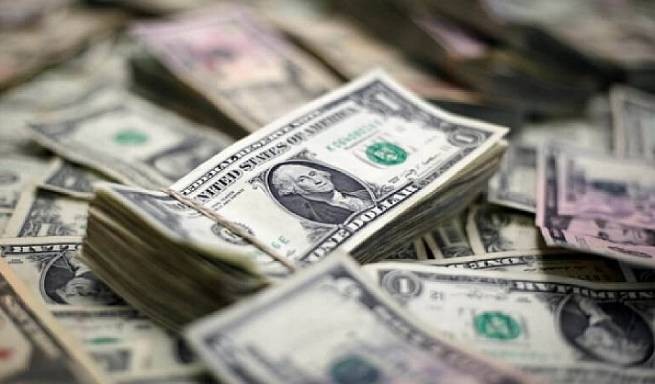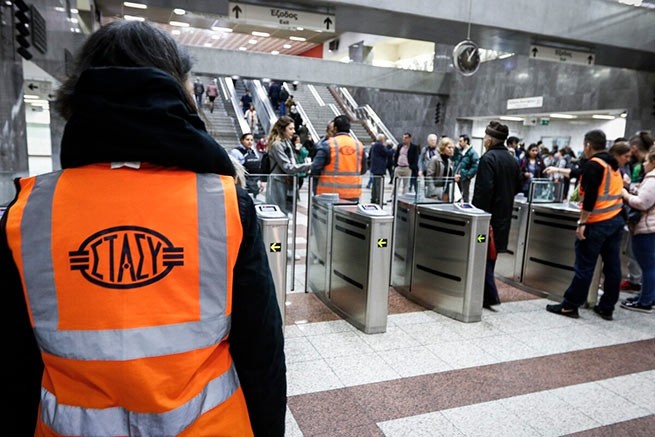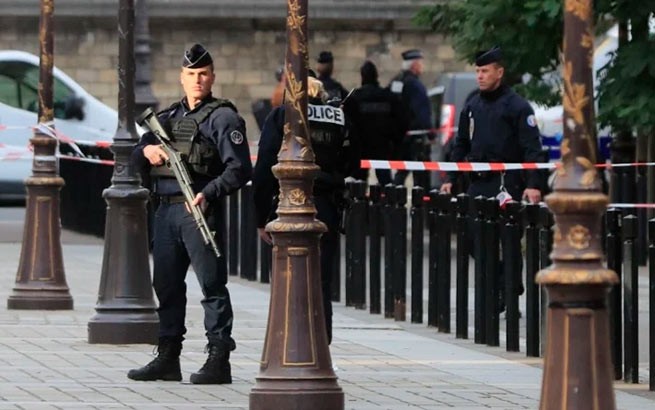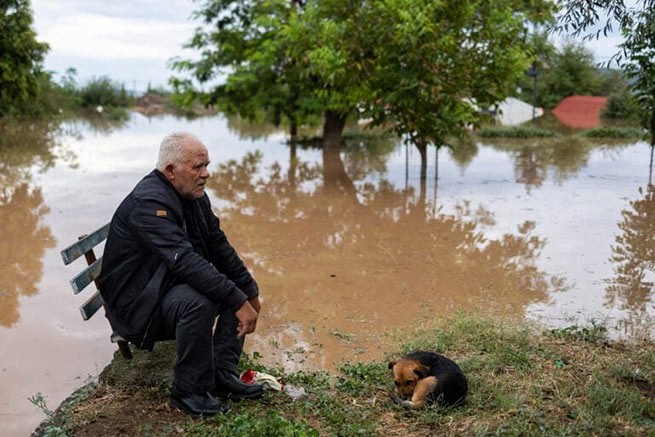Four days before the vote, Emmanuel Macron and Marine Le Pen, the French president and leader of the right-wing populist Rally National party, held the only televised debate before the second round of elections.
One of the main topics in the dispute between politicians was the Russian attack on Ukraine, writes air forceand the importance of this debate cannot be overestimated. Most voters are still considering which of the candidates to vote for. Macron currently leads Le Pen by about 10%, but another 10% is still undecided.
Based on her own bitter experience, when Le Pen lost to Macron due to over-emotionality in the 2017 debate, this time she was more restrained and spoke more pithyly. The current president has chosen a much more aggressive tactic.
The most important topic of the politicians’ dispute was the war between Russia and Ukraine. It is worth noting that both Macron and Le Pen have a fairly long history of relations with the Kremlin. The French President was one of the few Western politicians who paid a visit to Moscow shortly before the invasion. After the entry of Russian troops into Ukraine on February 24, Macron sharply condemned the actions of the Kremlin. He unconditionally supported tough Western sanctions and the supply of weapons to Kiev. But he did not stop telephone communication with Putin either.
Le Pen can safely be called one of the main European allies of the Russian president. Before the 2017 elections, she claimed that she did not believe in the illegality of the annexation of Crimea by the Russian Federation: “There was a referendum, the inhabitants of Crimea wanted to join Russia.” Speaking to BBC reporters in 2016, the leader of the National Association called Vladimir Putin’s style of government reasonable protectionism, adding that he “defends the interests of his country, its identity.”
Macron at the current debate sharply criticized Le Pen for her position and did not fail to recall the 9 million loan that her party received in 2014 from the First Czech-Russian Bank – according to Macron, he is close to the Russian authorities:
“You are dependent on the Russian authorities and you are dependent on Putin. When you talk to Russia, you are talking to your banker. Many of your actions can be explained by this dependence.”
The French president also reminded Le Pen of her statements regarding Crimea and asked on what grounds she considered it part of Russia:
“Under international law, we don’t often recognize territories that have been annexed by force.”
In response, Le Pen stated that she considered herself a “completely and in every respect a free woman”, and stated that her loan was widely known. She explained her decision to apply to the First Czech-Russian Bank as follows: “It happened because not a single French bank wanted to give me a loan.” She also noted that she was forced to take out a loan, like millions of French people trying to survive in difficult economic conditions. To which Macron objected: the French, unlike her, do not turn to Russia for money.
Marine Le Pen condemned Russia’s actions against Ukraine, speaking out in support of assistance to Kiev, including in the accommodation of refugees. She noted: “The aggression that Ukraine has become a victim of is unacceptable.” However, she warned that the supply of weapons to Ukraine could draw France into hostilities. A week ago, Le Pen expressed her hope that after the war, NATO and Russia would be able to re-establish closer relations, which caused a lot of criticism in French society.
Political debates lasted 2 hours and 45 minutes, a significant part of which was devoted to a sharp rise in prices, including energy prices. Le Pen has vowed to cut the value-added tax on energy, lower other taxes, and eliminate income tax entirely for people under 30. Macron, in turn, objected that his decision to impose price caps “is twice as effective as tax cuts.”
During the televised dispute, the contenders for the presidency of France discussed many topics: the reform EU, migration and attitudes towards Islam, retirement age, climate change on the planet. What did the polls show after the end of the debate?
Apparently, the advantage of the incumbent president has strengthened: according to various forecasts, he can win, receiving from 53% to 57% of the vote. A quick poll conducted by Elabe for BFM TV showed that 59% of viewers found Macron’s arguments more convincing, while 39% were more convinced by Le Pen’s statements.






More Stories
In an unequal fight with a cockroach, a Japanese… blew up his own house
A man with a grenade entered the Iranian consulate in Paris
12 American B-2 Spirit strategic bombers take off from Missouri